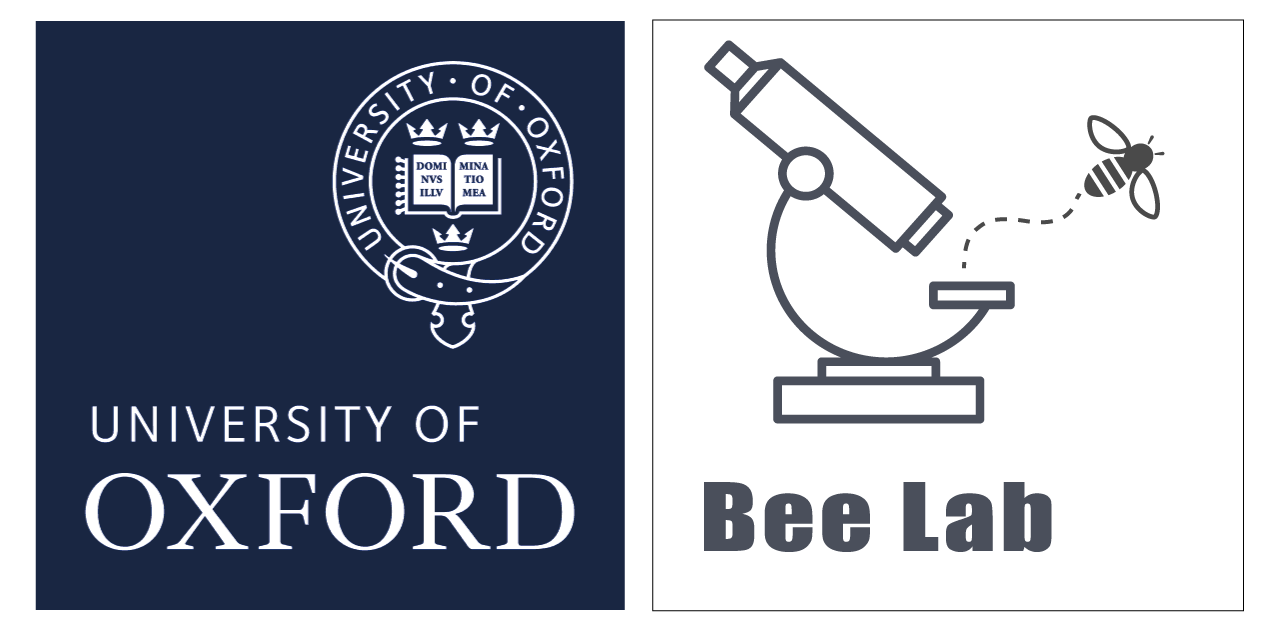
About the Group
We study the behaviour and physiology of bees
The main aim of our research is to investigate how bees acquire and use nutrients from floral sources. To do this, we investigate the mechanisms of learning and memory, the bee’s sense of taste, and the way that bees regulate their intake of nutrients.
The mutualisms of plants and bees has evolved over the course of +100 million years. Many traits of bees are specifically adapted to rapidly exploit and to make use of the nectar and pollen provided by flowering plants. Plants have also evolved sophisticated means of attracting and manipulating pollinators. Our group is interested in the chemical ecology of plant-pollinator interactions, with a special interest in secondary metabolites that can act as toxins or as drugs to influence pollinator behaviour.
A major focus of our current research is to understand how bees meet their nutritional needs feeding on pollen and nectar. We work with an international team of collaborators, Sharoni Shafir at the Hebrew University in Rehovot and Phil Stevenson at the Royal Botanic Gardens, Kew, to investigate how bees meet their needs for protein, fats, carbohydrates and micronutrients.
Our lab has expertise in the bee’s sense of smell and taste. At present, we have a major project investigating the way that chemical signals from the bee’s taste neurons detect and encode information about sugars and bitter compounds. Our lab has pioneered studies of the gustatory sensilla of bees, identifying that bees have mechanisms peculiar to their taste system such as the coordinated bursting of peripheral neurons when these neurons are stimulated with metabolically valuable sugars. We were also the first to identify that insect taste neurons have gap junctions which facilitate their coordinated neuronal firing.
We are also fascinated by the fact that bees encounter compounds like caffeine and nicotine in floral nectar. One of our main projects is to identify how these compounds and others affect the behaviour of bees and influence their attraction to particular flowering plant species.
Please contact Professor Geraldine Wright if you are interested in joining our group.
1: Chemical sensation
the organizational principles of the chemical senses of taste and smell
2: Learning
How the bee brain learns to associate chemical cues with food
3: Feeding
How individual insects regulate their intake of essential nutrients
4. Ecology
How ingested chemical compounds produced by plants (or modern agriculture) affect sensation, learning, and feeding.

